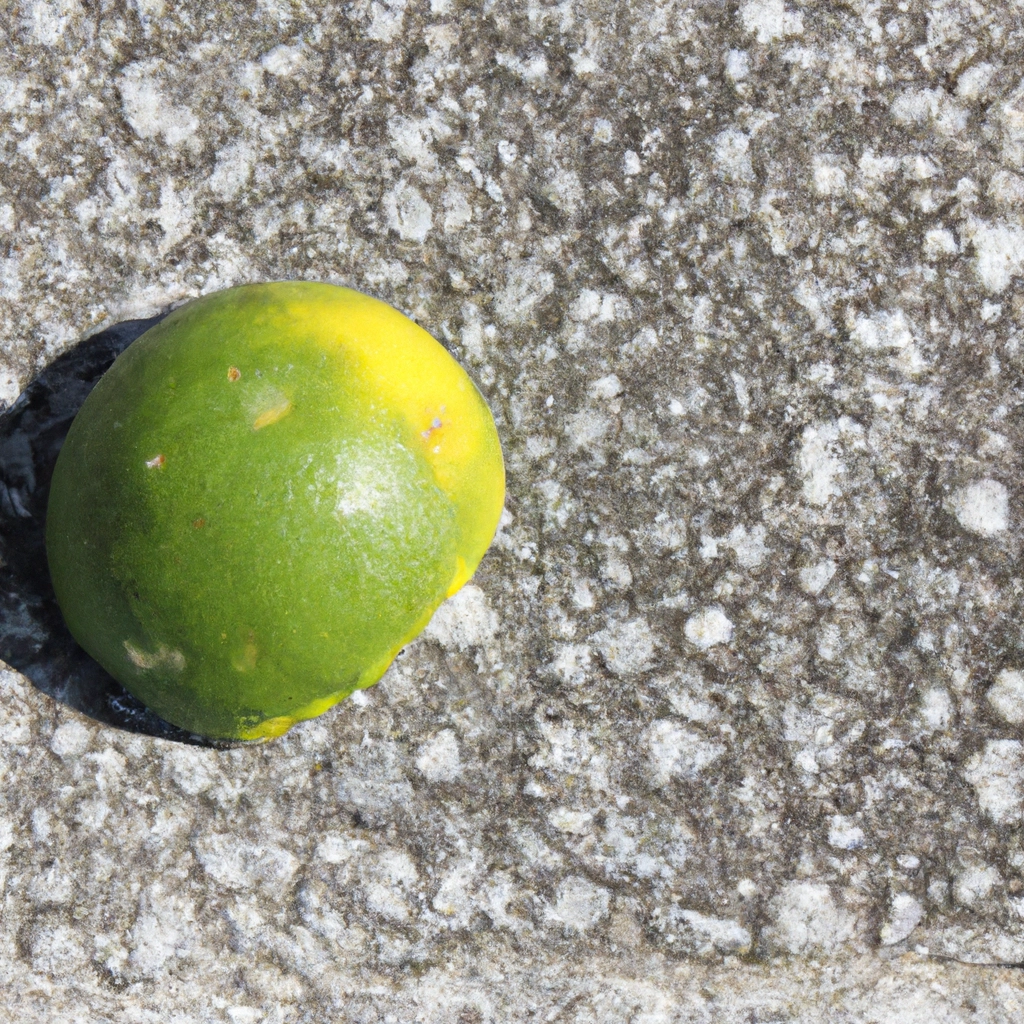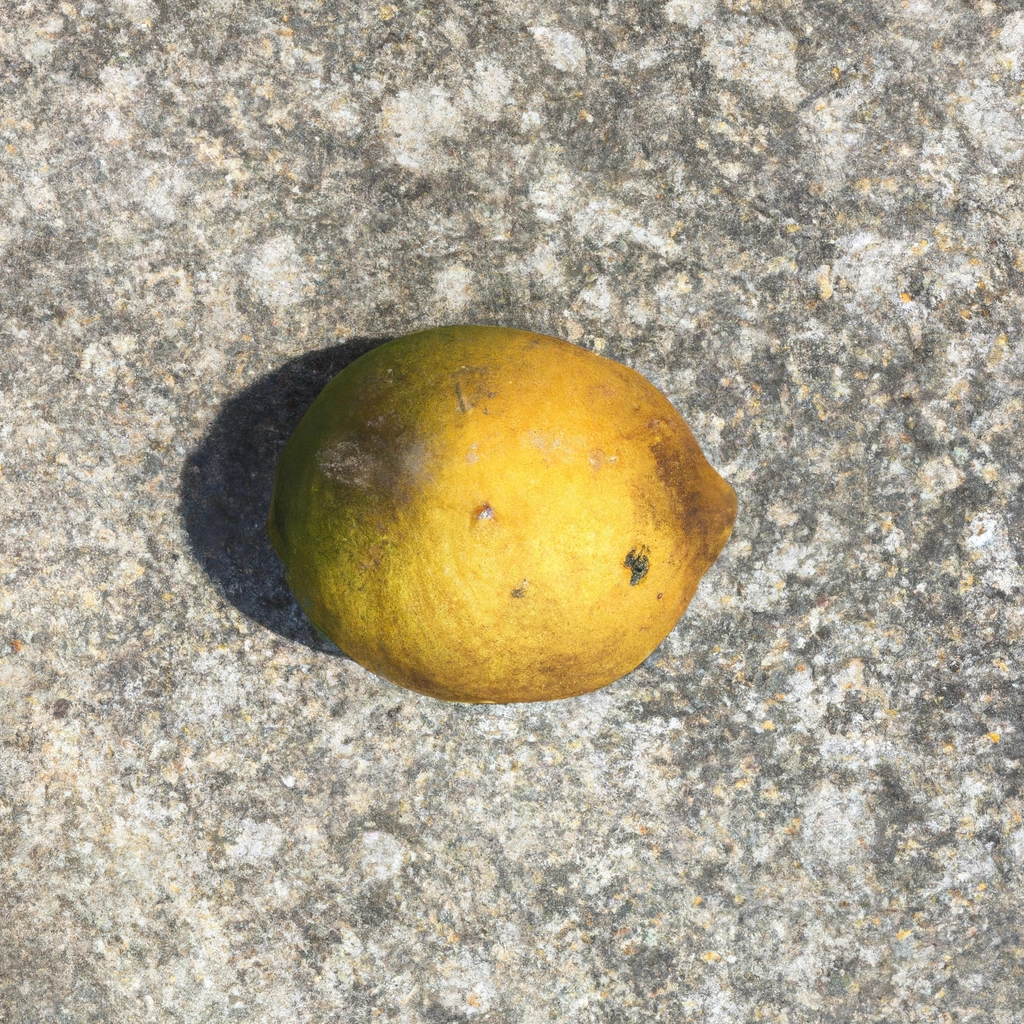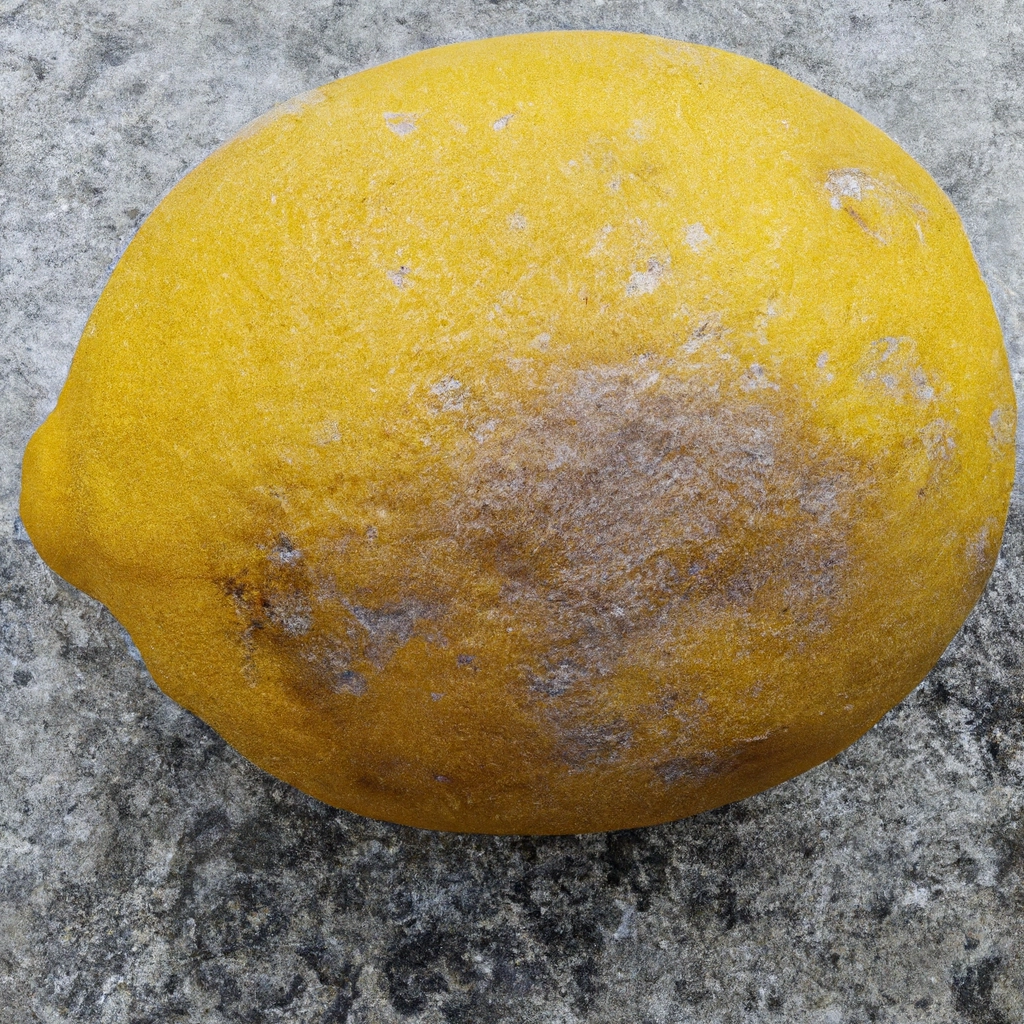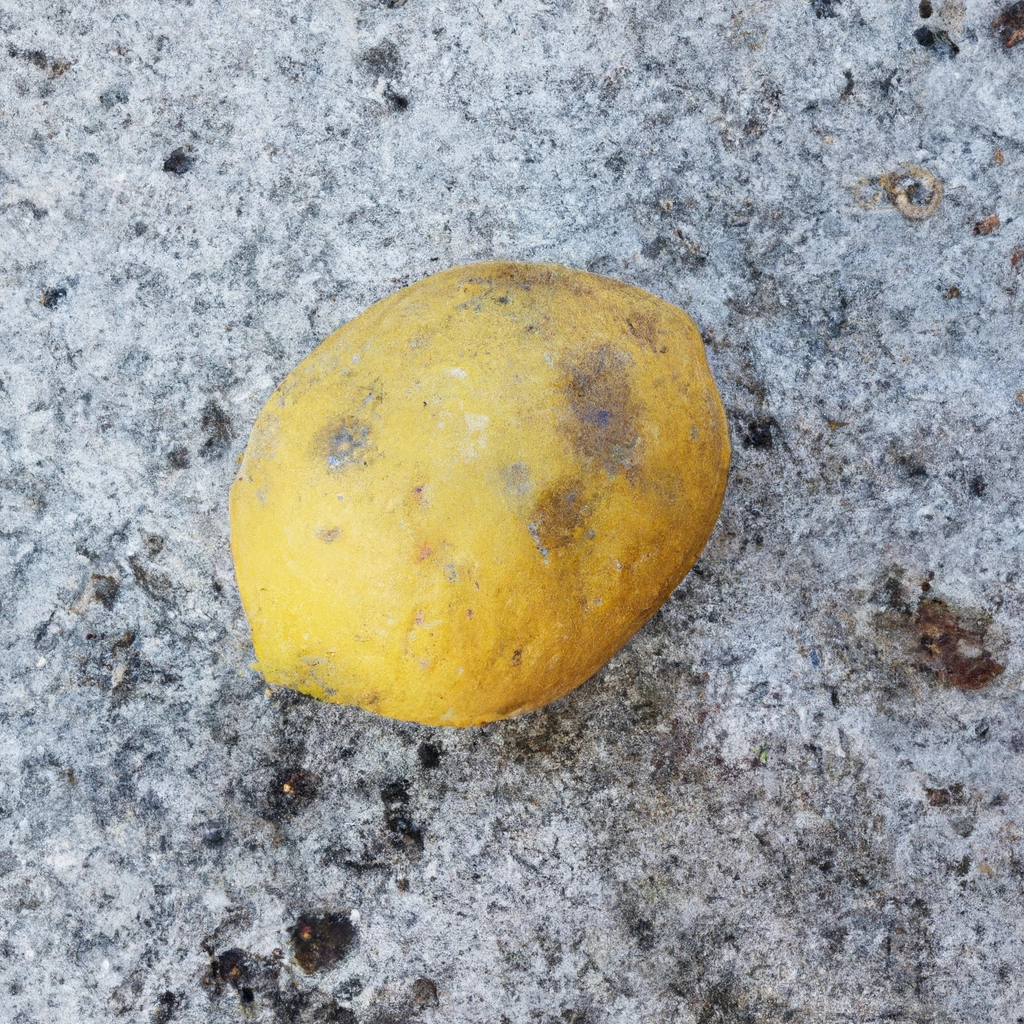| Substance | Effect on Granite |
|---|---|
| Lemon Juice | Can cause etching and dulling of the surface if left on for a prolonged period |
| Sealer | Forms a protective barrier, reducing the risk of damage from acidic substances like lemon juice |
| Water | Generally safe, but prolonged exposure may cause staining and mineral deposits |
| Vinegar | Can cause etching and dulling of the surface similar to lemon juice |
| Mild Dish Soap | Safe for cleaning granite countertops |
Picture this: you’re sipping a cold lemonade, and oops, some dribbles over the gorgeous granite countertop. Panic, right? Nope, not for me! I’ve witnessed this lemon-drop scenario unfold countless times. There’s a common notion floating around that lemon spells disaster for granite surfaces. But hold your sponges, folks; things aren’t always as sour as they seem. Let’s cut through the misinformation and sprinkle some truth on the lemon-and-granite debacle based on facts and my own kitchen escapades.
Now, I’m not just tossing opinions like salad here. This topic hits close to home. Everyone seems to have heard the lore that lemons are the kryptonite to granite’s Superman. Not too long ago, that was me, tip-toeing around my own counters with a fear of citrus-induced calamities. So, what’s the real scoop? Time to peel back the layers and find out!
I’m taking on the task of shedding light on the lemon-granite dynamic with a twist of personal experience and a squeeze of science. Let’s unravel the myths and arm ourselves with knowledge to keep our stony surfaces stellar. Are you ready for this zesty journey?
The Science Behind Lemon and Granite
Let’s get to the juicy part—the science. Lemons are acidic, thanks to their citric acid content, scoring a PH level that could make a science-geek swoon. But what about granite? This rockstar is a natural composite, tougher than a burnt steak on a busy night! Granite’s been around the block for eons, so it’s no pushover when it comes to a bit of lemon-lovin’.
Through my own culinary experiments—let’s call them ‘accidental science projects’—I’ve seen lemon juice face off with my granite counters. The result? Spoiler alert: they’re still standing strong. Granite is like the seasoned chess player in the park; it knows how to handle a lemony challenge. However, that doesn’t mean we should bathe our stone surfaces in lemon juice. As in life, moderation is key.
My granite has been a silent witness to many a fiesta and fiasco. But this is no anecdotal evidence; studies suggest that while high acidity can harm sealants over time, well-maintained granite is not as vulnerable as myth might have it. In short, a squeeze here and there isn’t a cause for alarm—but don’t go crazy with the lemon squeezer.
Common Misconceptions
The tale of lemon’s vendetta against granite has been greatly exaggerated. Believe me, I’ve heard all the stories—from ‘lemon juice can etch granite in seconds’ to ‘lemon spells doom for countertops.’ But let’s not fall prey to kitchen gossip. I’ve let the occasional lemon juice linger, and guess what? My counters live to tell the tale.
It’s not just lemons, mind you. Vinegar, wine, even your perfume might land you on granite’s list of ‘not-so-favorite things.’ But it’s all about how you handle it. Quick wipe, proper cleaning—these are the spells to keep your stone sanctuary safe. Plus, sharing anecdotes from fellow granite guardians has only bolstered my conviction. Lemon is not the villain we imagined.
Speaking of other granite enthusiasts, many have echoed my sentiment. Those who love their stone surfaces enough to treat them right won’t see them crumble at the sight of citrus. It’s all about knowing your material and caring for it properly—an ounce of prevention is worth a pound of re-polishing, after all.
Proper Care and Maintenance of Granite
Let’s stone-cold tackle the basics of keeping your granite in tip-top shape. Thinking of using lemon to clean? Hold that thought. While a swift encounter won’t spell disaster, lemon is not your go-to cleaner for stone. Instead, I’ve learned to pamper my durable darlings with gentle soap, warm water, and microfiber cloths.
Should you find yourself amidst a lemony mishap, fear not. Swift cleaning action is your best friend. Letting that zesty juice sit for a marathon session? Not recommended. And when daily life resumes, consider those specifically formulated granite cleaners for a touch of spa treatment for your countertops.
Here’s a nugget of my curated knowledge—avoid harsh chemicals and overly abrasive scrubbers. Your granite will thank you with prolonged elegance and grace. Armed with these maintenance mana, your countertops will outlive all the food fads and kitchen trends, lemon incidents included.
Conclusion
So, let’s toast to the fact that our granite worktops have more grit than they’re given credit for. Lemon, while zingy and delightful, isn’t the menacing beast in the world of stone surfaces. Treat your counters with respect, clean up quick spills, and keep the friendship between citrus and stone sweet, not sour.
I’m keen to hear about your countertop conquests and lemon encounters. Have you had any acidic adventures? Share those tales of stone survival, and let’s continue squashing the myths with our collective wisdom. Here’s to many more lemonade days, without the worry of countertop craze!
In our zest to bust the myths, we’ve discovered the truth—knowledge, care, and a dash of common sense are key ingredients in ensuring lemon doesn’t sour our stone relationships. Remember to always give your granite a little TLC, and you’ll find it can stand up to much more than just a little squeeze of lemon. Happy cleaning!
Frequently Asked Question
-
What other acidic substances should be avoided to prevent damage to granite surfaces?
Lemon juice, vinegar, and certain cleaning products containing acidic compounds should be avoided to prevent damage to granite surfaces. These acidic substances can etch the surface of the granite, leading to dull spots and discoloration over time. It’s important to use pH-balanced or neutral cleaners specifically designed for granite to maintain its natural beauty and durability. Additionally, avoiding abrasive tools and harsh chemicals will help preserve the quality of the granite surface for years to come. Regular cleaning with a gentle cleaner and prompt removal of spills will also contribute to the longevity of the granite surface.



